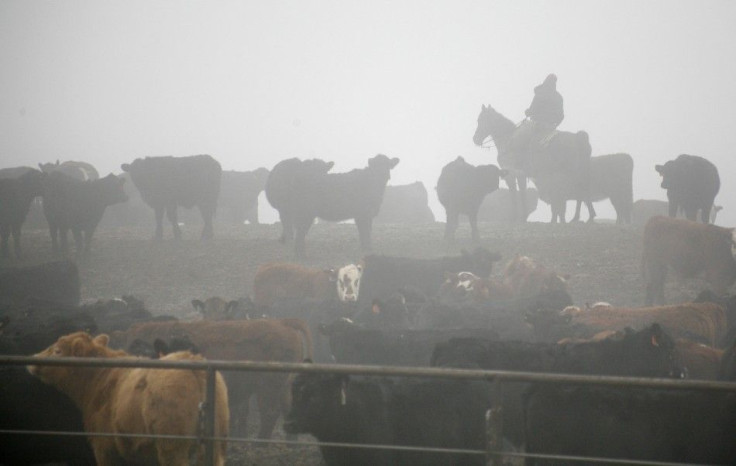Russia Bars Australian Beef Imports Over Unsafe Growth Stimulant

Russia has banned the importation of Australian beef byproducts such as offal over claims the food products used a growth stimulant which Moscow considers unsafe.
Sergei Dankvert, Russia's agriculture watchdog Rosselkhoznadzor chief, said on Monday that the growth stimulant trenbolone steroid was found to have been put in larger quantities in the Australian beef byproducts.
Trenbolone was traced "in several shipments" of Australian beef byproducts, Mr Dankvert said.
Australia sent 13,000 tonnes of beef by-products in the first 10 months of 2013 to ex-Soviet countries, mostly to Russia, worth US$21.3 million, according to the Interfax news agency.
Offal is a collective term for the waste materials which remain after the carcass of an animal has been butchered and dressed. Most often in some regions certain parts of offal are treated as a delicacy.
Russia frequently institutes bans on meat products over the use of hormones. Although allowed in other countries such as the United States, Moscow has more stringent regulations.
Australia's Red Meat Advisory Council said the Federal Government is now closely coordinating with Russia to clarify the latter's import requirements pertaining to the shipments that contained the growth stimulant trenbolone steroid.
Some well-known examples of offal include the animal's brain, liver, kidneys, spleen, pancreas, stomach, thymus, tripe, tongue, and intestines. In many parts of the world, the intestines are scraped and used as a casing for sausage. The brain is a popular ingredient in many cultures. The liver is also a popular piece of offal, appearing in pate and a wide assortment of other dishes around the world.
The liver offal tastes extremely rich, dense, and creamy. Brain has a lighter, more crumbly texture, sometimes almost flaky. Kidneys are popular in British cuisine, while "lights," or lungs, are used in an assortment of dishes as well.





















